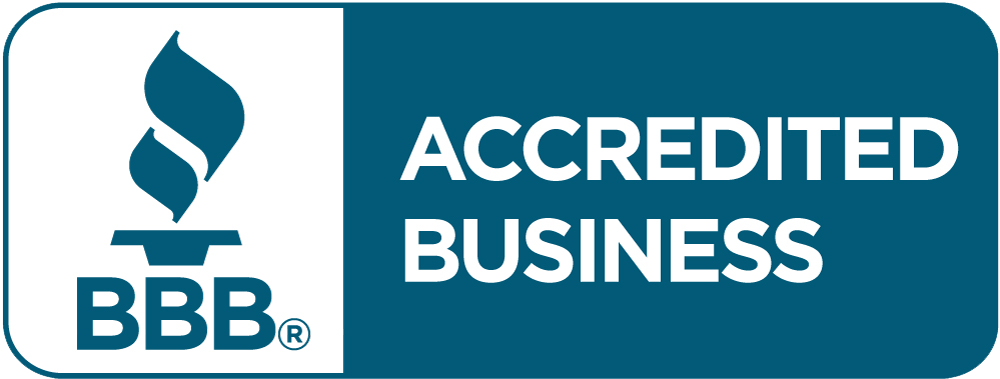In the healthcare industry, patient privacy and data security are paramount. The Health Insurance Portability and Accountability Act (HIPAA) sets the standard for protecting sensitive patient information. Compliance with HIPAA is not just a legal obligation but a critical component of patient trust and safety. One of the most effective ways to ensure compliance and prevent violations is by investing in top-notch IT services.
Understanding HIPAA
HIPAA was enacted to modernize the flow of healthcare information and ensure the protection of personal data from fraud and theft. It applies to healthcare providers, insurance companies, and any entity that handles patient data. Key provisions of HIPAA include:
- Privacy Rule: Governs the use and disclosure of Protected Health Information (PHI).
- Security Rule: Sets standards for the protection of electronic PHI (ePHI).
- Breach Notification Rule: Requires covered entities to notify affected individuals, the Secretary of Health and Human Services, and, in some cases, the media of a breach of unsecured PHI.
The Role of IT Services in HIPAA Compliance
Data Security
Protecting ePHI is a primary focus of HIPAA. Robust IT services ensure that all electronic systems, networks, and devices handling patient data are secure. This includes:
- Encryption: Encrypting data both at rest and in transit to protect it from unauthorized access.
- Firewalls and Intrusion Detection Systems: Implementing barriers and monitoring to prevent and detect unauthorized access.
- Regular Security Audits: Conducting frequent assessments to identify and mitigate vulnerabilities.
Access Control
Limiting access to patient data is crucial. IT services can implement:
- Role-Based Access Control (RBAC): Ensuring that only authorized personnel have access to certain information based on their role within the organization.
- Multi-Factor Authentication (MFA): Adding an extra layer of security by requiring multiple forms of verification to access systems containing ePHI.
Data Backup and Disaster Recovery
Data loss can be catastrophic, both for patient care and compliance. IT services provide:
- Regular Backups: Ensuring data is backed up frequently and stored securely.
- Disaster Recovery Plans: Developing and testing plans to quickly restore data and services in the event of a system failure or cyberattack.
Employee Training and Awareness
Human error is a significant factor in many data breaches. IT services can support:
- Training Programs: Educating staff on HIPAA requirements, data security best practices, and how to recognize phishing attempts and other cyber threats.
- Continuous Education: Keeping staff updated on the latest threats and how to handle them.
Incident Response
Despite the best precautions, breaches can still occur. IT services provide:
- Incident Response Plans: Establishing procedures for responding to data breaches, including notification and mitigation strategies.
- Forensic Analysis: Investigating breaches to understand their cause and prevent future incidents.
Benefits of Professional IT Services
Expertise and Experience
Professional IT services bring specialized knowledge and experience in managing and protecting healthcare data. They stay abreast of the latest regulations, threats, and technologies to provide the best protection.
Resource Efficiency
Managing IT in-house can be resource-intensive and distract from core healthcare functions. Outsourcing IT services allows healthcare providers to focus on patient care while ensuring their data is in expert hands.
Scalability
As healthcare organizations grow or change, their IT needs evolve. Professional IT services offer scalable solutions that can adapt to these changes, ensuring continuous compliance and protection.
Cost Savings
Investing in high-quality IT services can be more cost-effective in the long run by preventing costly data breaches, fines, and the loss of patient trust.
Conclusion
Protecting patient data is not just a regulatory requirement---it's a fundamental aspect of providing high-quality healthcare. Don't leave your data security to chance. Partner with a professional IT service provider to ensure your systems are robust, compliant, and capable of handling the ever-evolving threats in today's digital landscape.
Take the first step towards comprehensive data protection today. Contact us to learn how our expert IT services can help your healthcare organization achieve and maintain HIPAA compliance, safeguard patient information, and enhance operational efficiency.
Your patients trust you with their health---trust us with your IT security. Click here or call 866-673-8682 to schedule a consultation. Let us help you build a secure, compliant, and resilient healthcare practice.



